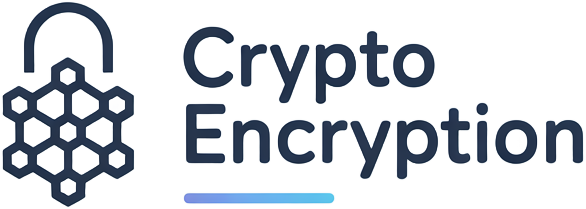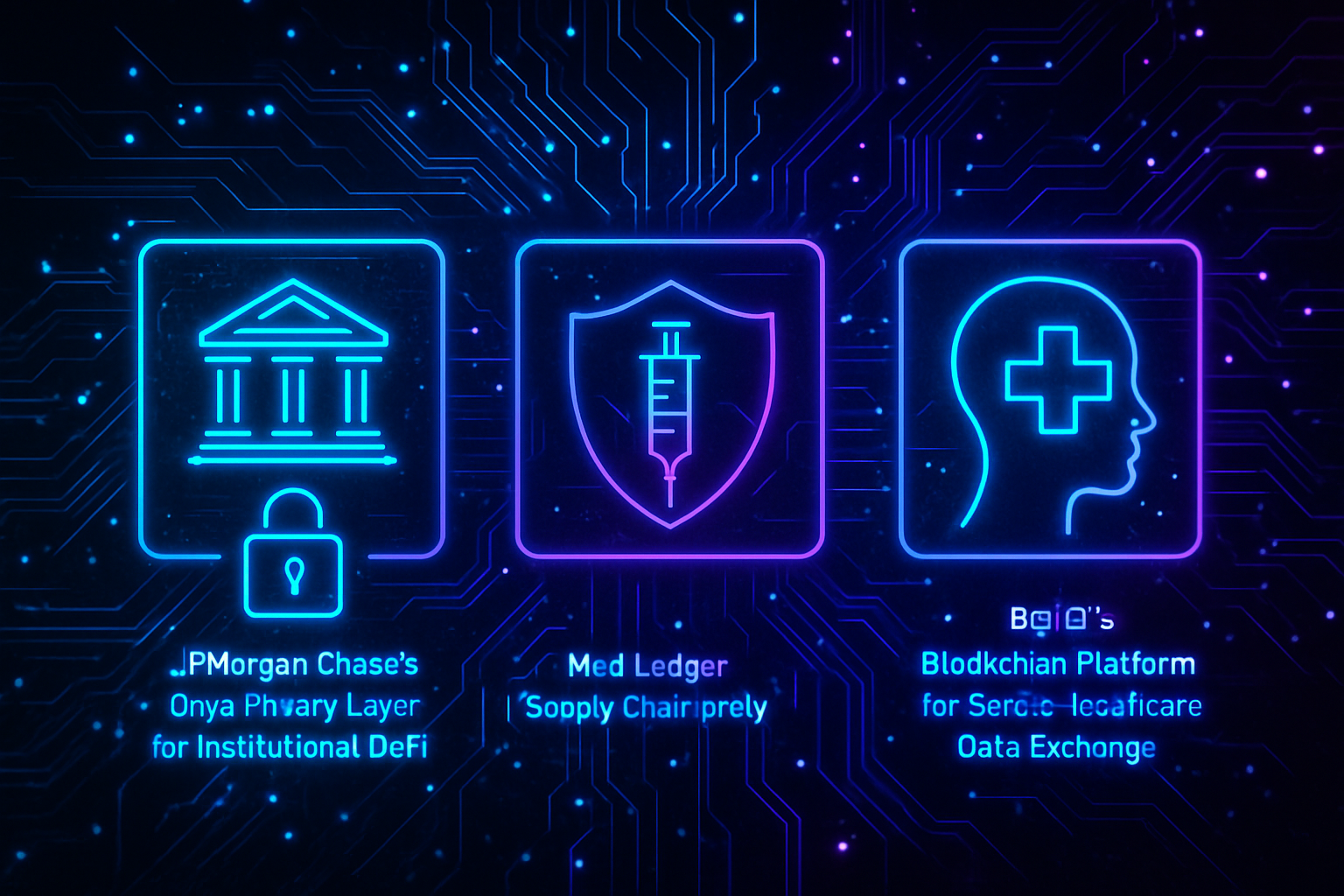
Encrypted smart contracts are redefining how sensitive data is protected and exchanged in high-stakes industries. As digital asset markets surge, Ethereum (ETH) currently trades at $4,494.89: the imperative for confidentiality and regulatory compliance in blockchain-based transactions has never been clearer. This article explores three real-world case studies where encrypted smart contracts have delivered measurable impact in finance and healthcare, setting new standards for privacy, efficiency, and trust.
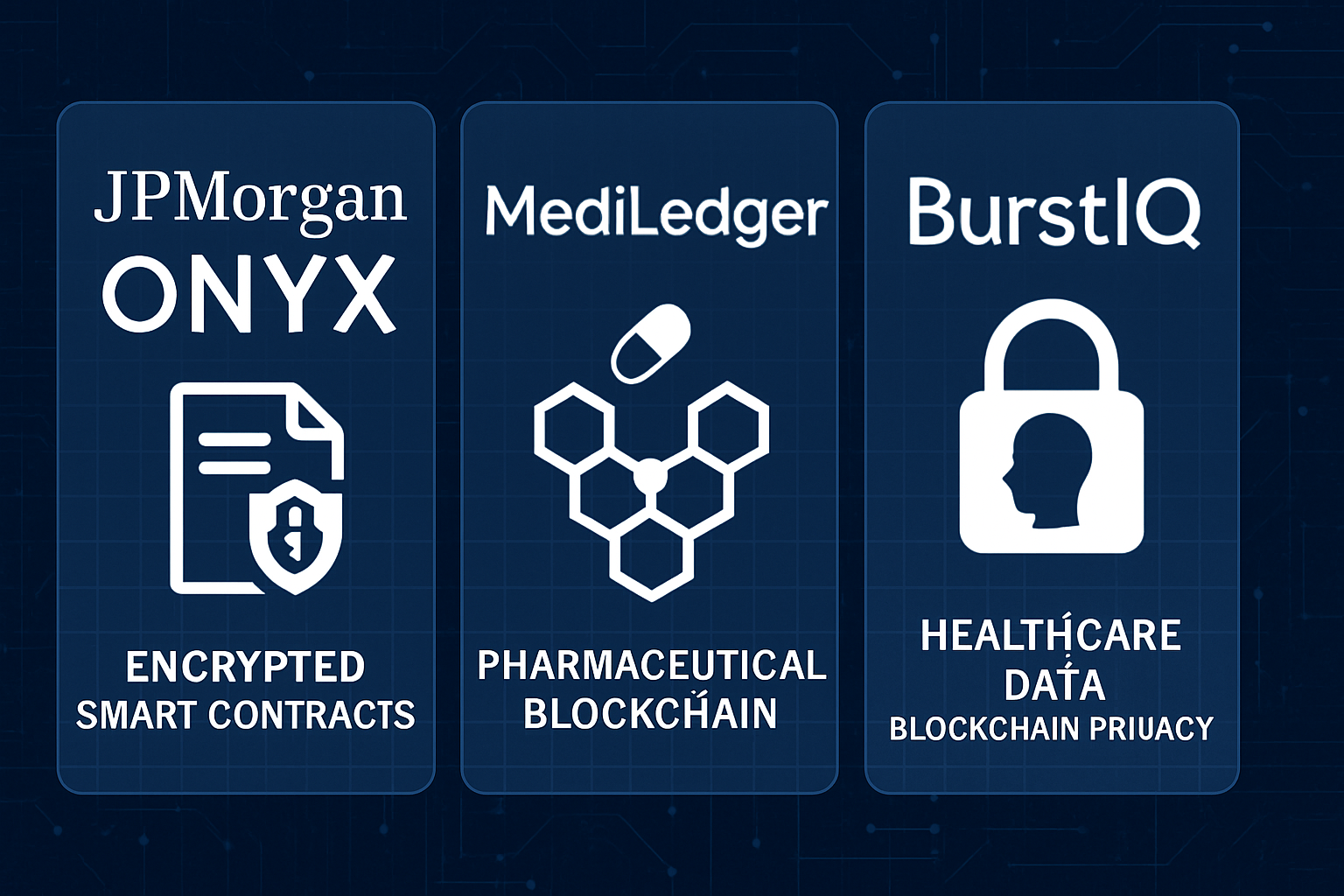
Confidential Institutional DeFi: JPMorgan Chase’s Onyx Privacy Layer
JPMorgan Chase, a global financial powerhouse, has pioneered privacy-preserving DeFi through its Onyx blockchain platform. By integrating encrypted smart contracts with zero-knowledge proofs (ZKPs), Onyx enables institutional clients to trade and settle digital assets without exposing transaction details or counterparties to the broader network.
This approach solves a longstanding dilemma: how can financial institutions participate in decentralized finance while safeguarding proprietary trading strategies and complying with stringent regulations? Onyx’s privacy layer ensures that only authorized parties, and regulators when necessary, can access transaction metadata. This is achieved without compromising the auditability or integrity of the underlying blockchain.
The result is a scalable model for confidential DeFi that meets both operational needs and regulatory scrutiny. As more banks explore tokenization of assets at current market prices, such as Ethereum at $4,494.89, the demand for robust privacy solutions like those deployed by JPMorgan is set to grow exponentially.
MediLedger Network: Pharmaceutical Supply Chain Privacy
The pharmaceutical supply chain faces unique challenges around data confidentiality, regulatory compliance (such as the Drug Supply Chain Security Act), and competitive business intelligence. The MediLedger Network addresses these needs by leveraging encrypted smart contracts to manage drug traceability across manufacturers, wholesalers, distributors, and pharmacies.
MediLedger’s architecture encrypts shipment details, manufacturer information, and verification requests within its blockchain ledger. Only authorized participants can decrypt relevant data, ensuring that sensitive business information remains shielded from competitors while still enabling end-to-end traceability required by law.
This balance between transparency and confidentiality has made MediLedger a model for secure supply chain management, not just in pharma but potentially across other regulated industries seeking to leverage blockchain without risking sensitive data exposure.
Case Studies: Encrypted Smart Contracts in Action
-
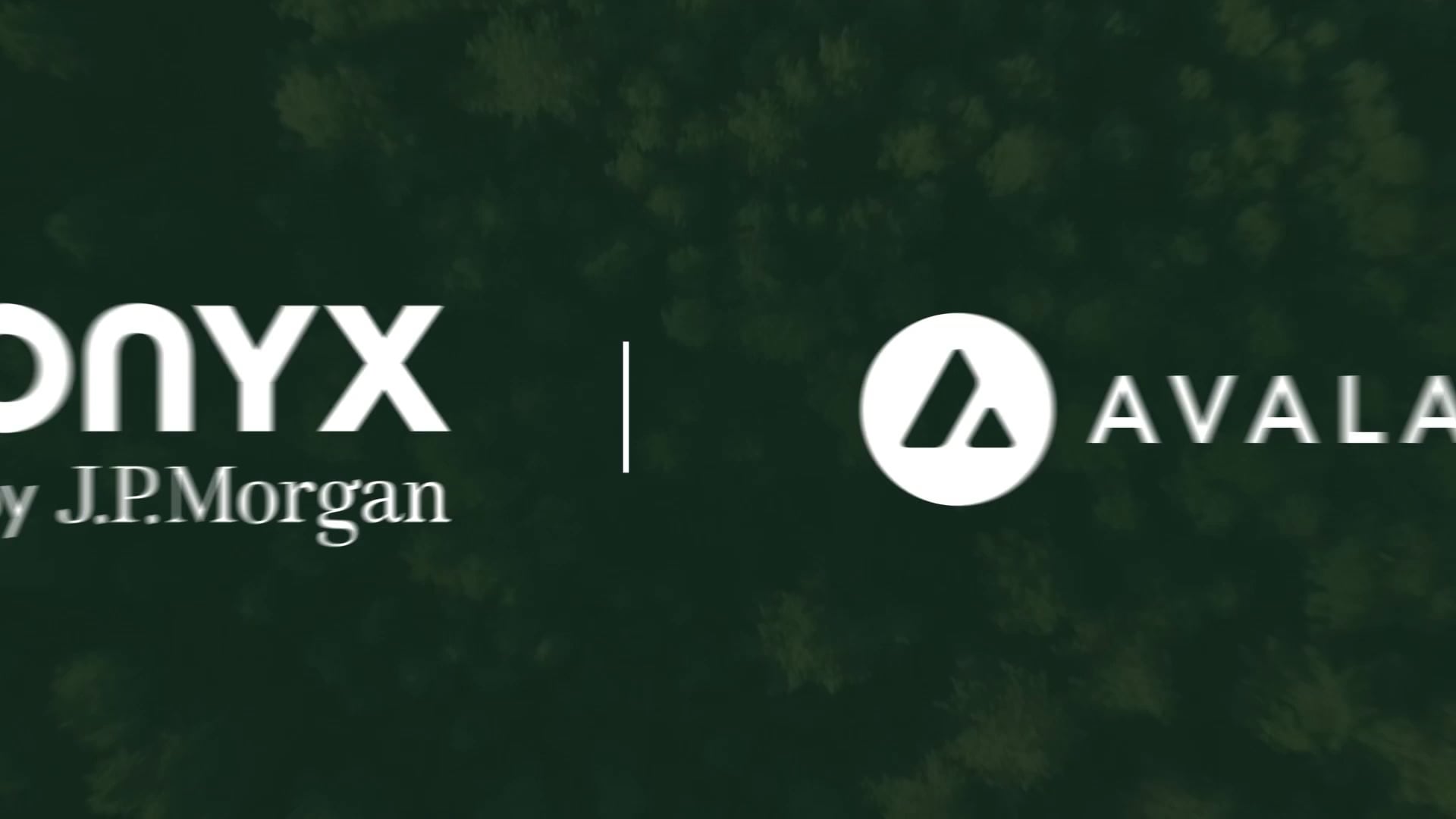
JPMorgan Chase’s Onyx Privacy Layer for Institutional DeFi: JPMorgan Chase has deployed encrypted smart contracts on its Onyx blockchain platform to enable confidential trading and settlement of digital assets between financial institutions. Utilizing zero-knowledge proofs (ZKPs), the system ensures that transaction details and counterparties remain private while maintaining regulatory compliance, setting a precedent for privacy-preserving DeFi in traditional finance.
-

MediLedger Network for Pharmaceutical Supply Chain Privacy: The MediLedger project leverages encrypted smart contracts to securely manage drug traceability and verification in the pharmaceutical supply chain. By encrypting sensitive data such as shipment details and manufacturer information, MediLedger enables compliance with regulations like the Drug Supply Chain Security Act (DSCSA) while protecting competitive business intelligence and patient privacy.
-

BurstIQ’s Blockchain Platform for Secure Healthcare Data Exchange: BurstIQ utilizes encrypted smart contracts to facilitate secure, compliant sharing of patient health information among providers, insurers, and researchers. The platform employs advanced encryption techniques and granular access controls, ensuring that only authorized parties can access sensitive medical data—addressing HIPAA requirements and enabling confidential healthcare collaboration.
BurstIQ: Secure Healthcare Data Exchange with Encrypted Smart Contracts
The healthcare sector’s transition to digital recordkeeping has amplified concerns over patient privacy and HIPAA compliance. BurstIQ, a leading blockchain health platform, directly addresses these issues by implementing advanced encrypted smart contracts for secure health information exchange.
BurstIQ’s system allows providers, insurers, researchers, and even patients themselves, to share health data using granular access controls embedded within each contract. Every transaction is logged immutably on-chain but only decrypted by parties holding explicit permissions. This ensures that personal medical records remain confidential even as they are shared for care coordination or research purposes.
By automating consent management and enforcing strict access rules through code rather than manual processes, BurstIQ reduces administrative overhead while enhancing security posture, a critical advantage as healthcare organizations face increasing cyber threats alongside evolving compliance mandates.
What sets BurstIQ apart is its use of layered encryption and dynamic permissioning, allowing for real-time updates to access rights as patient preferences or regulatory requirements change. This flexibility is crucial in today’s healthcare landscape, where data sharing must be both agile and tightly controlled. The platform’s ability to meet HIPAA and GDPR standards while enabling large-scale, confidential collaboration between stakeholders positions it as a blueprint for the future of health data exchange.
Together, these three case studies, JPMorgan Chase’s Onyx Privacy Layer, MediLedger Network, and BurstIQ, demonstrate the tangible benefits of encrypted smart contracts across sectors where privacy is paramount. Each solution showcases how blockchain can deliver transparency without sacrificing confidentiality, automate compliance without manual bottlenecks, and foster trust among parties who may otherwise be competitors or strangers.
Lessons Learned and Future Outlook
The success of these projects highlights several key takeaways for organizations considering encrypted smart contracts:
- Privacy is Non-Negotiable: As digital asset adoption accelerates, exemplified by Ethereum’s current price at $4,494.89: the need for embedded confidentiality in contract logic becomes a baseline requirement for institutional adoption.
- Regulatory Alignment: Solutions like Onyx and MediLedger prove that it’s possible to satisfy both operational needs and evolving compliance mandates through cryptographic techniques such as zero-knowledge proofs and advanced access controls.
- Scalability and Interoperability: The most impactful platforms are those designed for large-scale adoption, with flexible frameworks that can adapt to new privacy laws or cross-industry use cases.
The rapid evolution of encrypted smart contract technology signals a shift towards more secure and user-centric digital ecosystems. As more organizations follow in the footsteps of these pioneers, we can expect a wave of innovation that further blurs the line between transparency and privacy on-chain, unlocking new business models while safeguarding sensitive information.
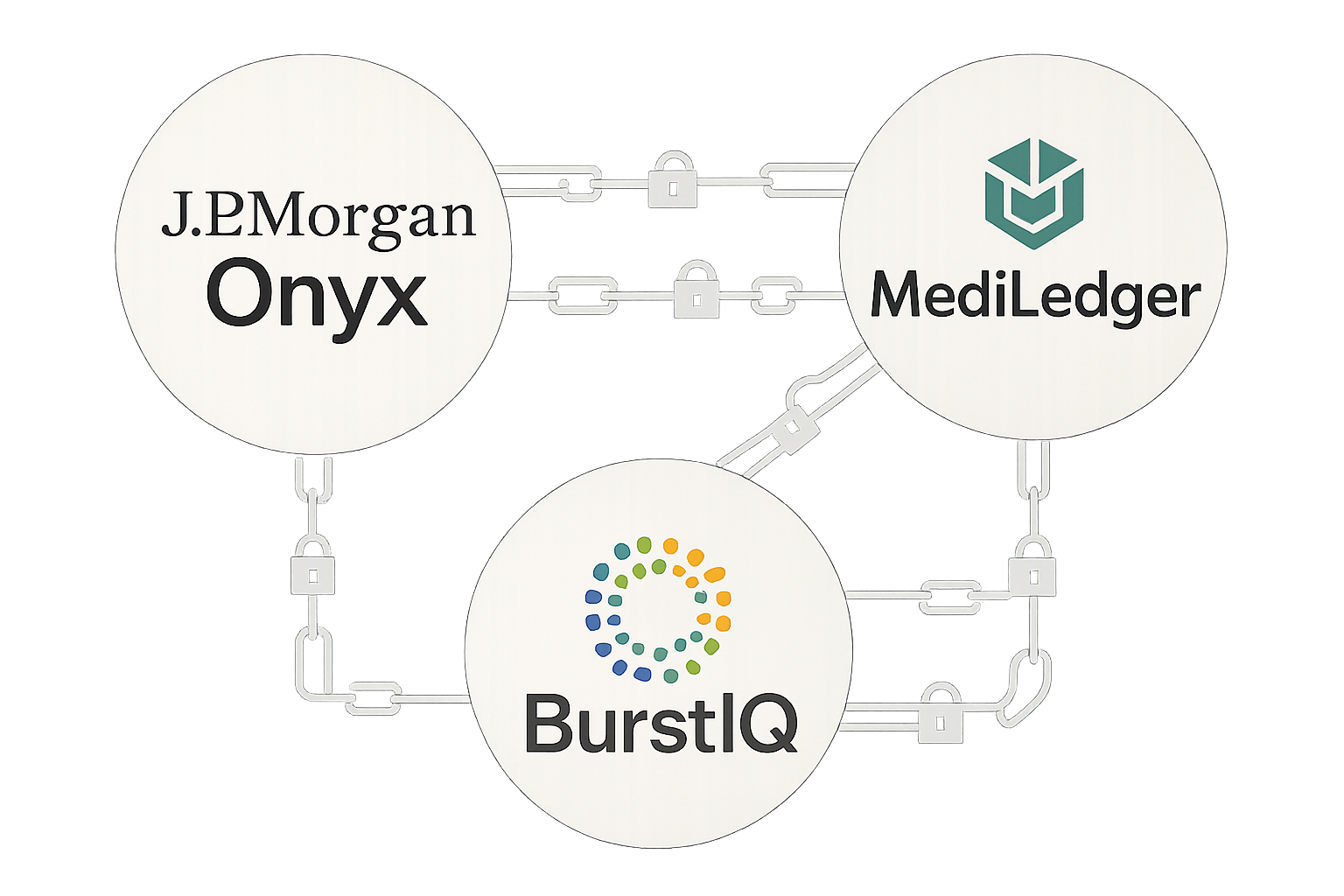
For developers and enterprises looking to implement similar solutions, now is the time to engage with privacy-first smart contract platforms and stay informed about best practices in cryptographic security. The lessons from these real-world deployments are clear: robust encryption isn’t just an added layer, it’s foundational to blockchain’s future in finance and healthcare.
